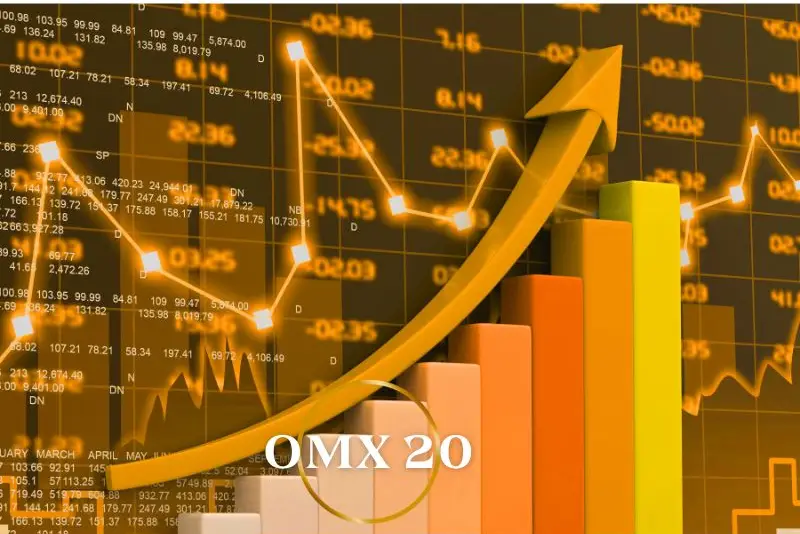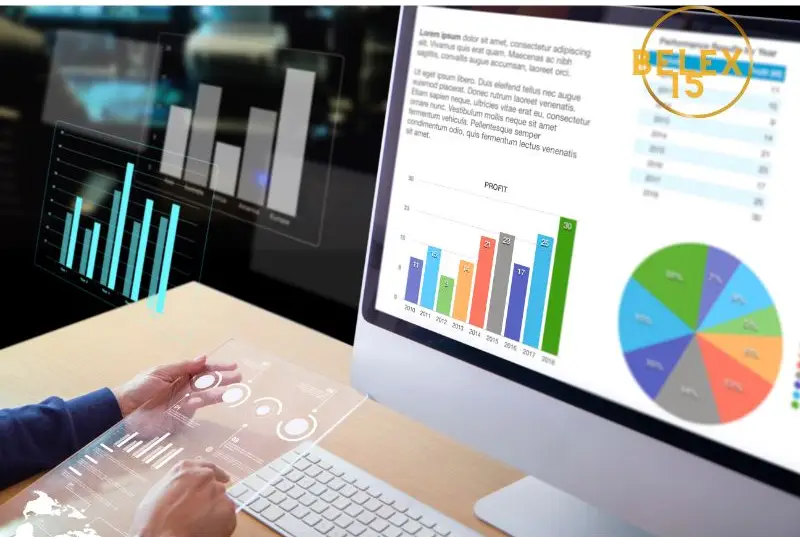Are you curious about the dynamic and exciting world of the stock market in Argentina? Look no further, as we dive into why it’s a crucial aspect of the country’s economy.
The stock market in Argentina plays a vital role in attracting foreign investment, boosting economic growth, and providing opportunities for local businesses to expand.
Some of the key stock indices in Argentina include the Merval Index, which tracks the performance of leading companies listed on the Buenos Aires Stock Exchange, and the S&P MERVAL Index, which is based on market capitalization-weighted stocks.
With its influence on both domestic and international markets, understanding the ins and outs of the stock market in Argentina can open up a world of possibilities for investors and businesses alike.
How Does the Stock Market Work in Argentina
In Argentina, the stock market operates through the Buenos Aires Stock Exchange (BCBA), where investors can buy and sell shares of publicly traded companies. The stock market in Argentina works similarly to other markets around the world, with prices fluctuating based on supply and demand.
To invest in the stock market in Argentina, individuals can open a brokerage account with a licensed broker. They can then research and select stocks to purchase, either through their broker or through online trading platforms.
Some major stocks that have generated profit in Argentina include:
- YPF – Yacimientos Petrolíferos Fiscales is an Argentine oil company
- Mercado Libre – Latin America’s largest e-commerce platform
- Grupo Financiero Galicia – One of the largest financial services groups in Argentina
- Tenaris – A global manufacturer of seamless and welded steel pipe products
- Pampa Energía – An integrated energy company operating in Argentina and other countries
Investing in the stock market in Argentina carries risks like any other market, so it’s important for investors to conduct thorough research and consider consulting with a financial advisor before making investment decisions.
What is the benefits of buying stocks in Argentina
Investing in the stock market in Argentina can offer several benefits for investors. Some of these benefits include:
1. Potential for high returns: The Argentine stock market has the potential to deliver high returns to investors, especially during periods of economic growth and stability.
2. Diversification: Investing in Argentine stocks can help diversify your investment portfolio and reduce risk by spreading your investments across different asset classes and geographies.
3. Exposure to emerging markets: Argentina is considered an emerging market, which means there is significant growth potential for companies operating in the country. Investing in Argentine stocks can provide exposure to this growth potential.
4. Currency appreciation: If the Argentine peso strengthens against other currencies, investors holding stocks denominated in pesos could benefit from currency appreciation.
When investing in the stock market in Argentina, it is important to keep in mind the following tips and takeaways:
1. Political and economic instability: Argentina has a history of political and economic instability, which can impact the performance of its stock market. It is important for investors to closely monitor political developments and economic indicators when investing in Argentine stocks.
2. Currency risk: Investing in stocks denominated in pesos exposes investors to currency risk, as fluctuations in the value of the peso can impact investment returns. Consider hedging strategies or diversifying your currency exposure to manage this risk.
3. Regulatory environment: Familiarize yourself with the regulatory environment governing the Argentine stock market, including tax laws, disclosure requirements, and trading rules. Be aware of any changes that may impact your investments.
4. Due diligence: Conduct thorough research on companies before investing in their stocks. Consider factors such as financial performance, management team, competitive positioning, and industry trends to make informed investment decisions.
In conclusion, investing in the stock market in Argentina can offer attractive opportunities for investors seeking exposure to emerging markets and diversification benefits. However, it is important to be aware of the risks involved and take necessary precautions to protect your investments.
The main stock indices in Argentina
Stock market indices are important indicators that provide a snapshot of the overall performance of a particular stock market or a specific segment of it. In Argentina, some of the most important stock market indices include the Merval, which tracks the performance of the largest and most liquid stocks listed on the Buenos Aires Stock Exchange, and the Argentina General Index (IGRA), which represents a broader range of stocks traded on the exchange.
Regulation of stock market indices in Argentina falls under the jurisdiction of regulatory bodies such as the National Securities Commission (CNV) and the Buenos Aires Stock Exchange. These entities establish rules and guidelines for calculating and maintaining indices to ensure transparency, accuracy, and fairness in the marketplace.
One key aspect of regulating stock market indices is determining which stocks are included in an index and how their weights are calculated. This process often involves criteria such as market capitalization, trading volume, and sector representation to ensure that indices accurately reflect the performance of their respective markets.
In Argentina, stock market indices play a crucial role in providing investors with valuable insights into market trends, investment opportunities, and overall economic health. By monitoring these indices, investors can make informed decisions about buying or selling stocks, diversifying their portfolios, and managing risk effectively.
Overall, proper regulation of stock market indices is essential to maintaining confidence in financial markets and promoting stability and growth. By ensuring that indices are constructed and maintained according to established standards and best practices, regulators help to safeguard investor interests and uphold the integrity of the Argentine stock market.
Recap: The stock market in Argentina
The stock market in Argentina has seen its fair share of challenges and volatility in recent years. Economic instability, political uncertainty, and currency devaluation have all contributed to fluctuations in stock prices.
Investors in the Argentine stock market have had to navigate through these turbulent times, making it a challenging environment for both local and foreign investors.
Despite the challenges, there are still opportunities for savvy investors to find value in certain sectors of the market. Industries such as technology, agriculture, and energy have shown resilience and growth potential.
It is important for investors to carefully assess the risks and opportunities before diving into the Argentine stock market. Seeking expert advice and staying informed about the latest economic and political developments can help mitigate risks and make informed investment decisions.
In conclusion, while the Argentine stock market may present some challenges, it also offers potential opportunities for those willing to do their research and take calculated risks.




























































